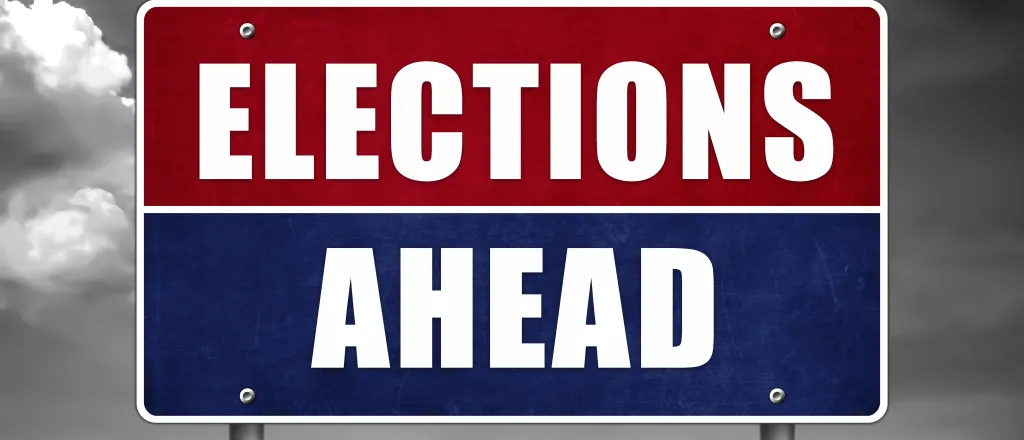
Idaho voter registration law could hurt ballot measures' chances
(Northern Rockies News Service) Voter registration has changed in Idaho. Along with reducing the number of eligible voters, critics say it could also hurt ballot initiatives' chances of succeeding.
House Bill 340 requires proof of residency during registration and went into effect on July 1. Supporters say it standardizes the process.
But organizations like Babe Vote and the League of Women Voters of Idaho have challenged it in court, saying it makes registration particularly hard for people who don't have drivers' licenses.
Kendal Shaber is a board of directors member with the League of Women Voters of Idaho.
"Anything that makes it more difficult for people to register adversely affects the petition process," said Shaber.
Babe Vote and the League of Women Voters of Idaho have both suspended voter registration drives because of the new law.
Shaber said a decrease in eligible voters will also make it harder for initiative drives to gain the required number of signatures to get on the ballot.
Voters have made big changes through the measure process, such as approving Medicaid expansion in 2018.
Shaber said many groups will be affected by this new registration law, including people in nursing homes who could find it hard to get to their county clerks' office and may not drive.
The law creates a new ID card through the Transportation Department, but Shaber noted that will also be hard to obtain.
"It is very frustrating to think about how we're going to be to help people actually get access to a free ID," said Shaber, "because there are so many people who don't have access to transportation or the means to get to a DMV. A DMV may be very inaccessible to them as well."
Shaber said turnout numbers for Idahoans of voting age has been low for decades and this new law will not help reverse that trend.
"The scandal is too few people voting. And we need more people involved, not fewer," said Shaber.
Support for this reporting was provided by the Carnegie Corporation of New York.
















